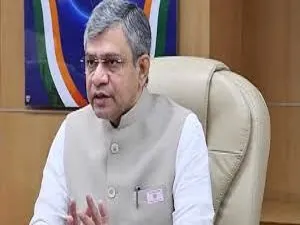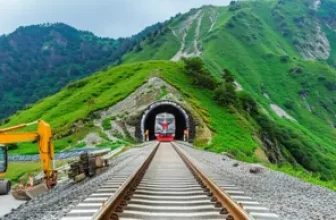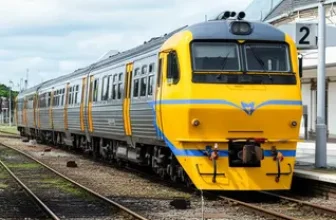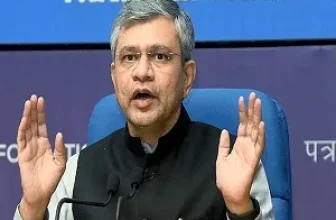
In a timely response to the increasing challenges faced by stranded passengers, Railway Minister Ashwini Vaishnaw has directed Indian Railways to initiate a series of special train services. This decision comes on the heels of temporary airport closures across Northern and Western India due to heightened tensions between India and Pakistan.
The situation intensified when the Airports Authority of India issued a series of notices announcing the closure of 32 airports, affecting numerous cities and subsequently stranding thousands of travelers. The closure, which spans from May 9, 2025, to May 14, 2025, has created a pressing need for alternative transportation options, particularly for those unable to access their intended destinations.
Recognizing the public’s urgency, Minister Vaishnaw reviewed current railway operations before making a decisive call for the establishment of special trains. These services are designed to provide assistance to individuals in border areas and other affected regions, ensuring they can reach their final destinations promptly.
The launch of these special trains began on May 9, 2025, with four trains departing from Jammu and Udhampur. The first of these special services, numbered 04612, set out from Jammu station at 10:45 AM. It featured a combination of reserved and unreserved coaches to cater to the diverse needs of passengers.
Another significant initiative featured the popular Vande Bharat Express, which left Udhampur at 12:45 PM after a successful coordination with local authorities, achieving a timely arrival in New Delhi via Jammu and Pathankot. This reflects the Indian Railways’ commitment to ensuring that transportation efficiencies are maintained even during challenging times.
As part of these arrangements, an additional Vande Bharat Express was specifically organized for cricket players and officials participating in the Indian Premier League, illustrating the flexibility of the railway services to cater to various sectors in unpredictable circumstances. The train, which departed Jammu at 3:30 PM, is particularly important as it allows high-profile personalities to travel seamlessly amidst the disruption.
Furthermore, the railway network is also gearing up to dispatch another unreserved special train from Jammu to Guwahati, highlighting the expansive reach of the railway system and its adaptability in serving the population during a crisis.
The role of Indian Railways in transportation is often taken for granted until situations like these arise, underlining the importance of having a responsive transportation infrastructure. The swift action by Minister Vaishnaw demonstrates a commendable acknowledgment of the necessity for alternative transit solutions, particularly in regions heavily affected by geopolitical tensions.
As travelers navigate this period of uncertainty, it is reassuring to see government agencies, like Indian Railways, actively engaging with the public to assess and meet their needs. This proactive approach not only alleviates immediate distress but also fosters trust and reliability in public transport systems.
Looking forward, it will be crucial for Indian Railways to continue monitoring the situation and adjust schedules as necessary. With heightened tensions often affecting travel, ensuring that special trains remain an option for those who need them will be vital for overall mobility and connectivity in the region.
In summary, the introduction of these special trains in response to emerging crises not only fulfills a pressing necessity but also symbolizes the resilience and adaptability of India’s railway system. As conditions evolve, the emphasis will remain on improving connectivity and maintaining public confidence in the railways as a reliable means of transportation amidst adversity.






